The Independent's journalism is supported by our readers. When you purchase through links on our site, we may earn commission.
Move over Oktoberfest: an alternative beer pilgrimage in Bavaria
Go beyond Munich to find Bavaria's finest brews, 500 years after Germany introduced a beer purity law
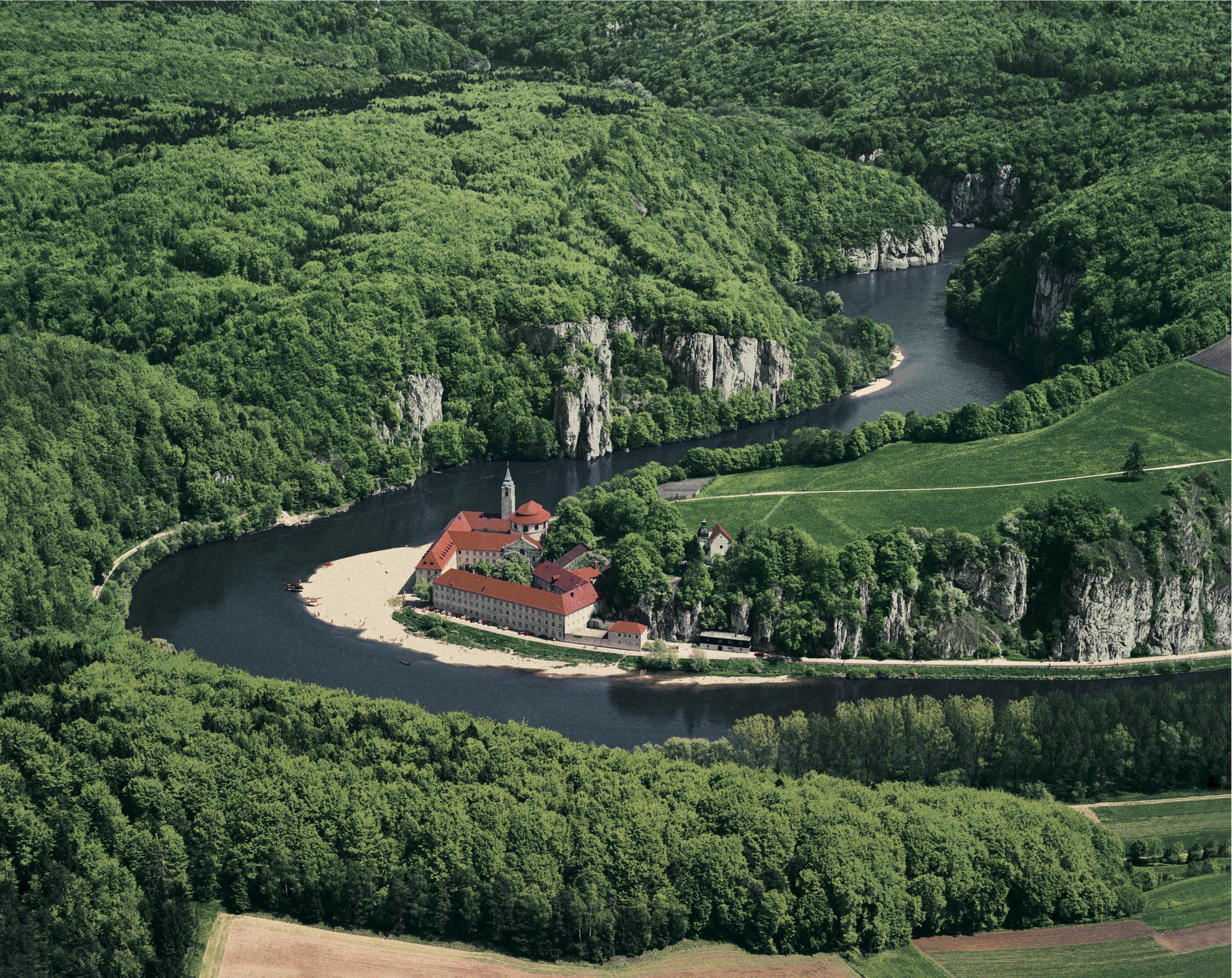
Your support helps us to tell the story
From reproductive rights to climate change to Big Tech, The Independent is on the ground when the story is developing. Whether it's investigating the financials of Elon Musk's pro-Trump PAC or producing our latest documentary, 'The A Word', which shines a light on the American women fighting for reproductive rights, we know how important it is to parse out the facts from the messaging.
At such a critical moment in US history, we need reporters on the ground. Your donation allows us to keep sending journalists to speak to both sides of the story.
The Independent is trusted by Americans across the entire political spectrum. And unlike many other quality news outlets, we choose not to lock Americans out of our reporting and analysis with paywalls. We believe quality journalism should be available to everyone, paid for by those who can afford it.
Your support makes all the difference.It was one of those heaven-sent moments. On the holy mountain sitting under the horse-chestnut trees; in front of me rolling, forested hills veiled in a thin, ethereal mist, and beyond them the frieze of distant Alps. Beside me a half-litre of "liquid bread", a half-litre that was made all the more spiritually intoxicating for having been brewed by my hosts - the monks. All in all, God was putting on a good show. And yes, sitting there on the terrace of the monastery gasthof, I'd already had a beer or two.
But by drinking beer and waiting for my roast pork and dumplings, I was merely a modern manifestation of a long tradition. Pilgrims to the monastery of Andechs, south of Munich, have been experiencing the heaven-sent pleasure of re-vittling here for hundreds of years. And they continue to do so, although the true pilgrims (i.e. those who had set out on foot from Munich on the first stage of a pilgrimage to Spain's Santiago de Compostela) were hard to pick out among the large, international crowd on the holy hillock that evening. As far as I could see the rest of us were only here for the beer.
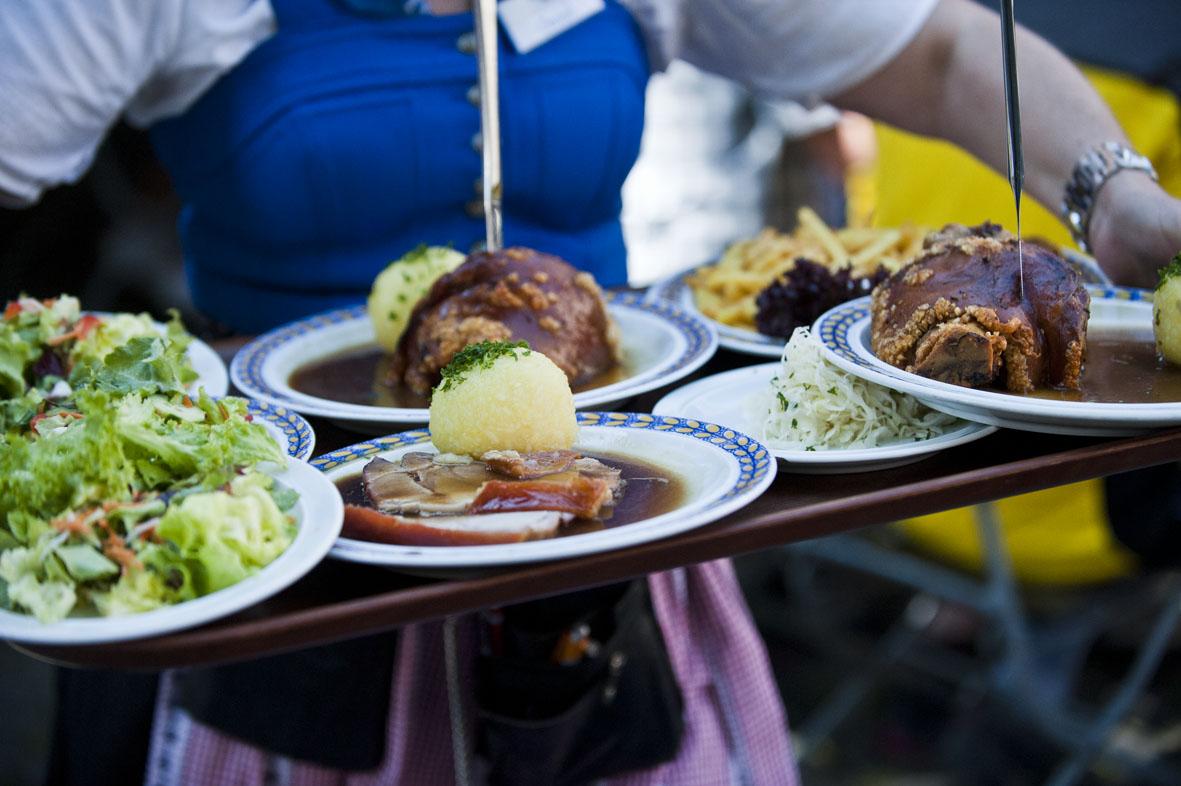
I was on a sort of pilgrimage myself. Nothing too spiritual, I’m afraid, but a small journey to mark a big date both in German history, and for the benefit of mankind. This year is the 500th birthday of the Reinheitsgebot, the German beer purity law, which remains the oldest nutrition law still in use in the world. It insists that beer should only be made from the simple ingredients of barley, hops and water, and is the reason why German brews are still so lipsmackingly good.
The Reinheitsgebot originated in Bavaria, home of the Oktoberfest, which this year kicks off its frothy festivities this Saturday. But I'd decided to dodge the six million-strong crowds and come here for my own little pilgrimage, and I was making it all the more spiritual by doing my drinking at two Benedictine monasteries with a fine tradition of home-brew hospitality, and in two great locations accessible from Munich: Andechs, on its own hill between the lakes of Starnberg and Ammersee, and Weltenburg, which lies on an almost comically scenic section of the Danube near Regensburg.
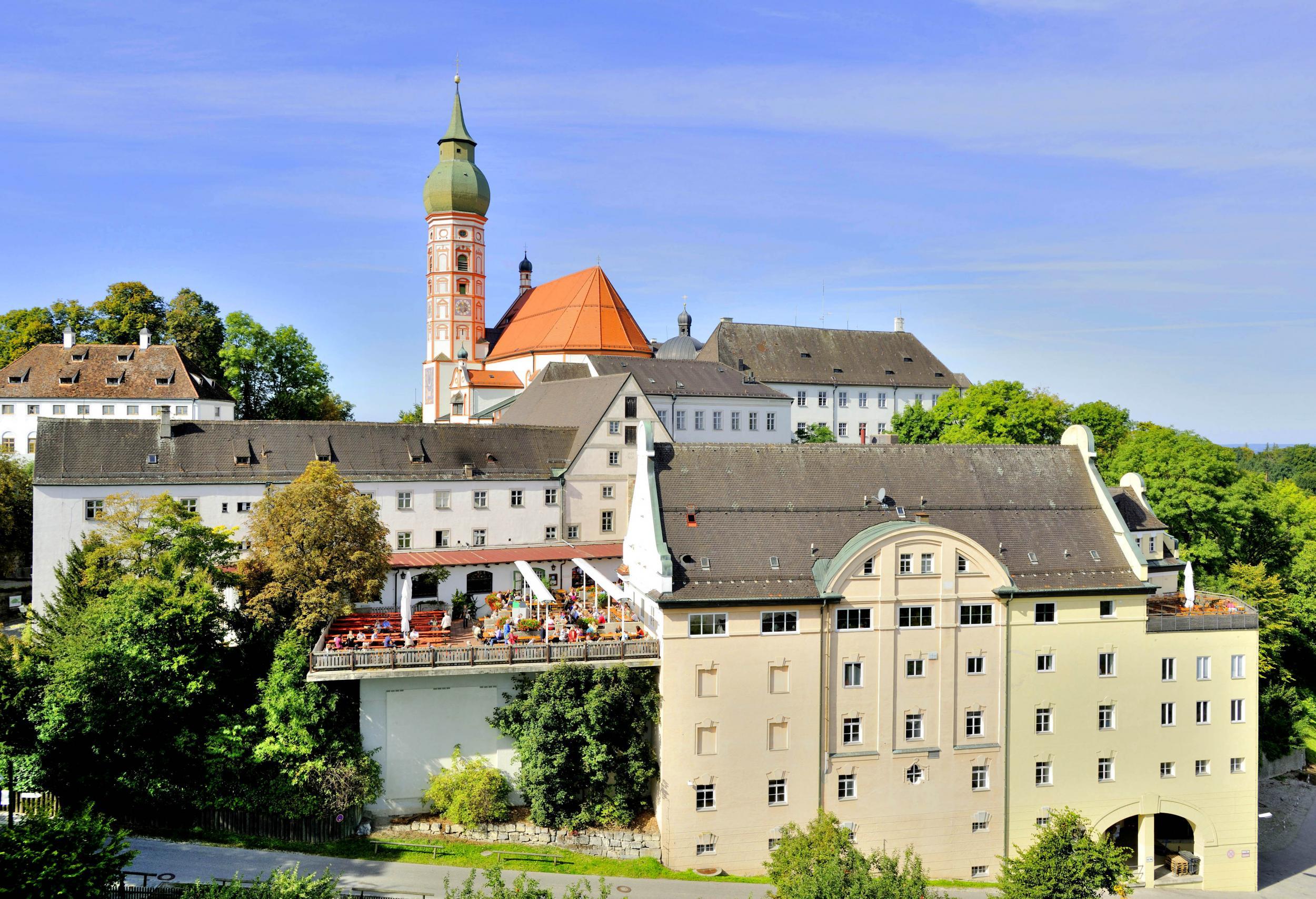
Weltenburg, my first stop, also happens to be in the Holy Land of hop gardens, the Hallertau, which is among the world's largest hop-growing areas. So before I visited the monastery I had a couple of hoppy diversions. The first, in the Eisvogel hotel in the nearby spa town of Bad Gögging, was a hop-inspired raft of spa therapies; I opted for a hop bath, which came complete with a half-litre of the good stuff and, I was told, would improve my complexion and the quality of my sleep. I can’t vouch for its effectiveness on just one exposure, but this kind of "wellness" is definitely my kind of thing.
The second was an excursion out into the Hallertau itself, a rolling landscape patched with standing hops up to seven metres tall, which makes driving between them like passing through canyons of green. An enormous 98 per cent of it goes into making beer.
Elisabeth Stiglmaier, a hop farmer’s wife and self-proclaimed "hop ambassador", was my guide here. She took me out around the typical Hallertau village of Attenhofen to show me how the vines are tended and harvested. One hectare of these fluffy green cones is sufficient hoppiness for a mind-boggling nine million pints.
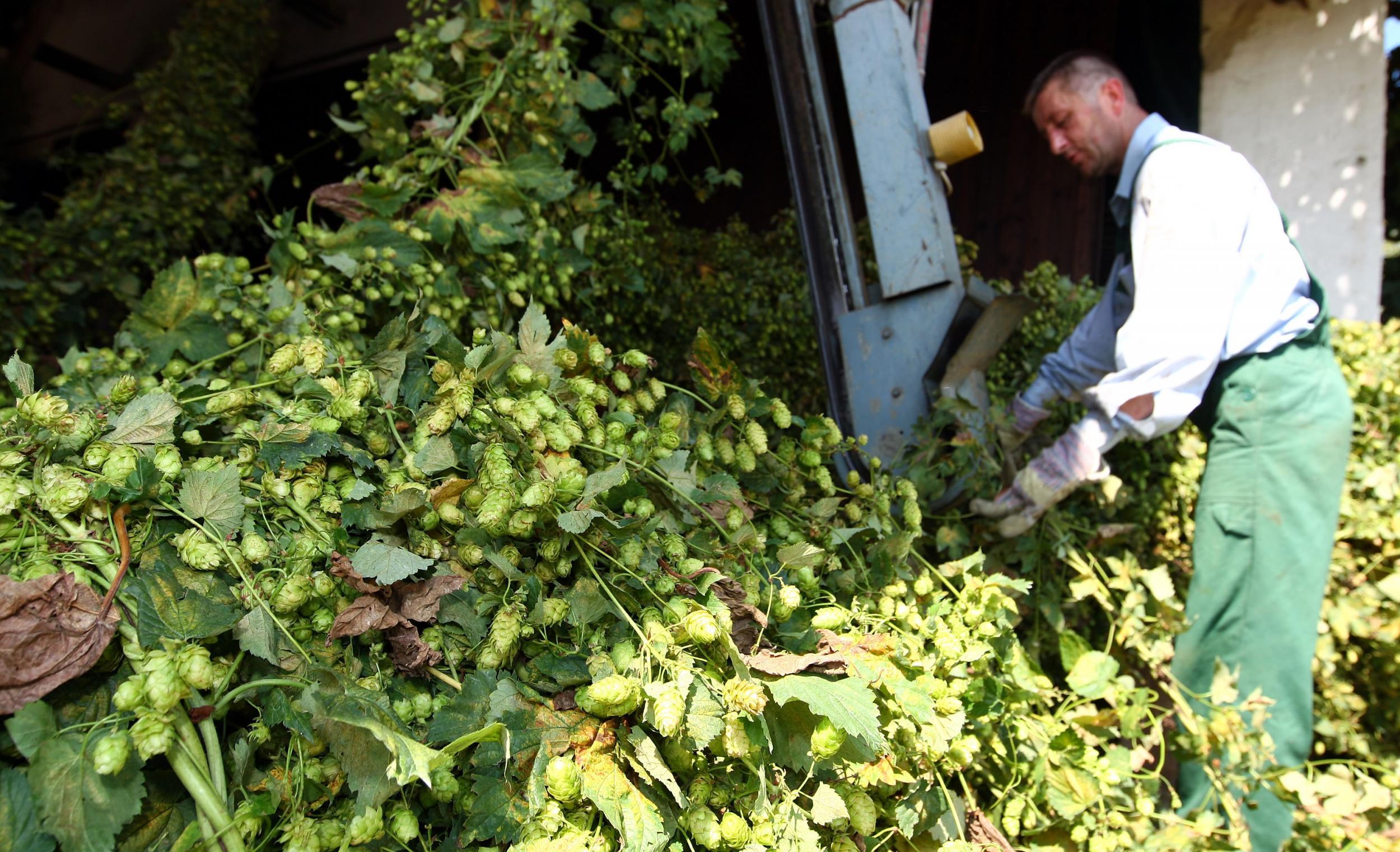
And so to the main event. Some of the Hallertau’s hops end up in the oldest monastic brewery in the world at Weltenburg, where the brewing habit – since 1050 – is another 500 years older even than the Reinheitsgebot.
The historic beer is my first reason for coming here, but the monastery’s setting, on a shingle bank on a gloriously clear, fast-running section of the Danube, runs it a close second. Just downriver is the elegant, Italianate imperial city of Regensburg, and many of Weltenburg’s visitors make the journey upriver through a spectacular high-walled limestone gorge. Most come to sit in the big tree-shaded courtyard, which has enough space to seat a couple of hundred people, all tucking into lunch and drinking the monastery’s famous dark beer.
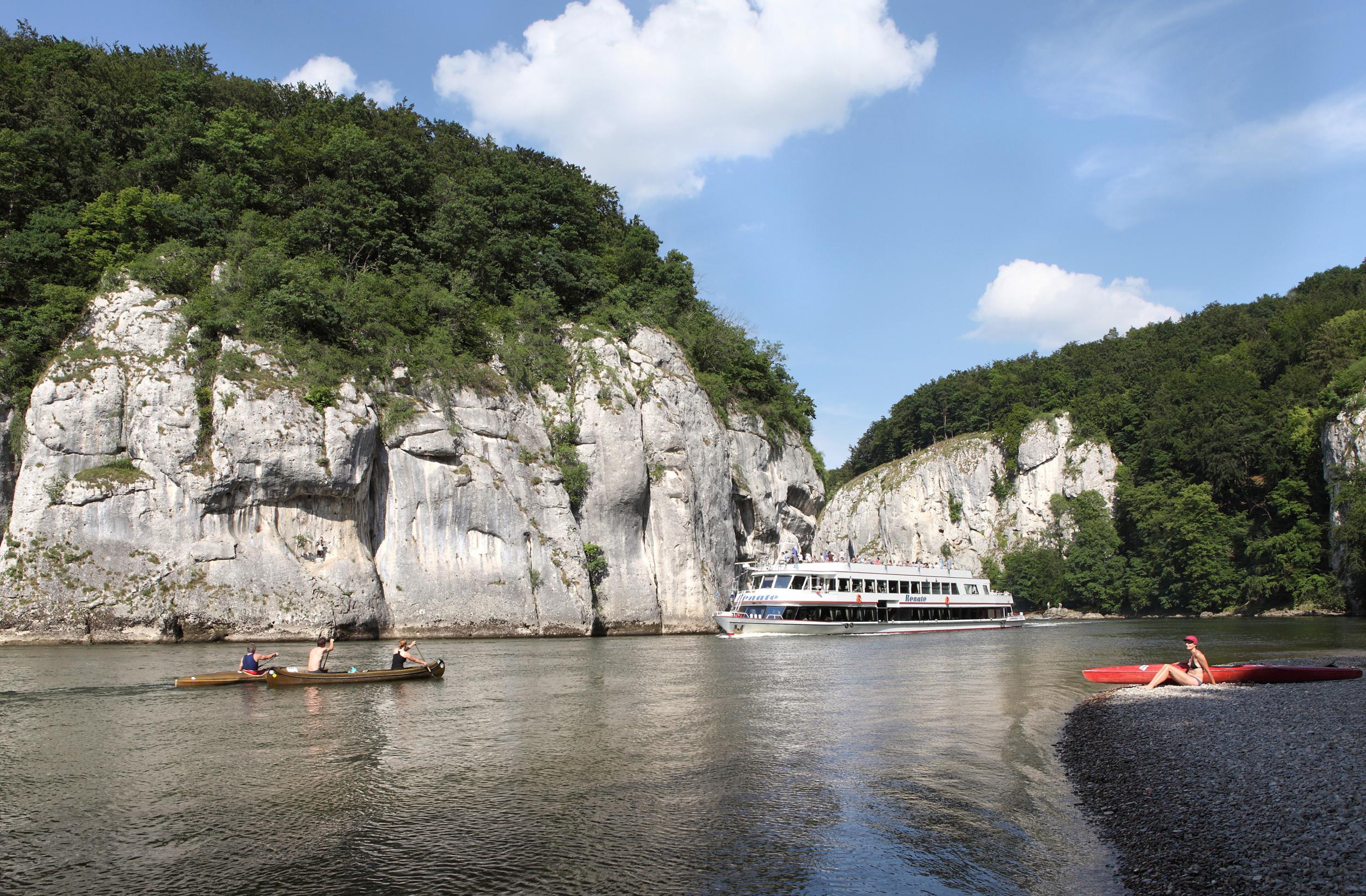
This Benedictine tradition of hospitality stems from St Benedict’s requirement that monasteries should provide both food and accommodation to pilgrims and the poor. During long periods of Catholic fasting only liquid could be consumed by the faithful, so the monks brewed a high malt content beer as a bread replacement. To this day, beer in Germany is still referred to as "liquid bread", and you can even get it with your burger in McDonald's.
Accordingly the presence of a brewery alongside the monastery church in the Weltenburg courtyard is perfectly in keeping with the Benedictine philosophy. And in fact the monks themselves (there are just seven left) are pretty partial to a glass or two, brewmaster Ludwig said as he showed me around.
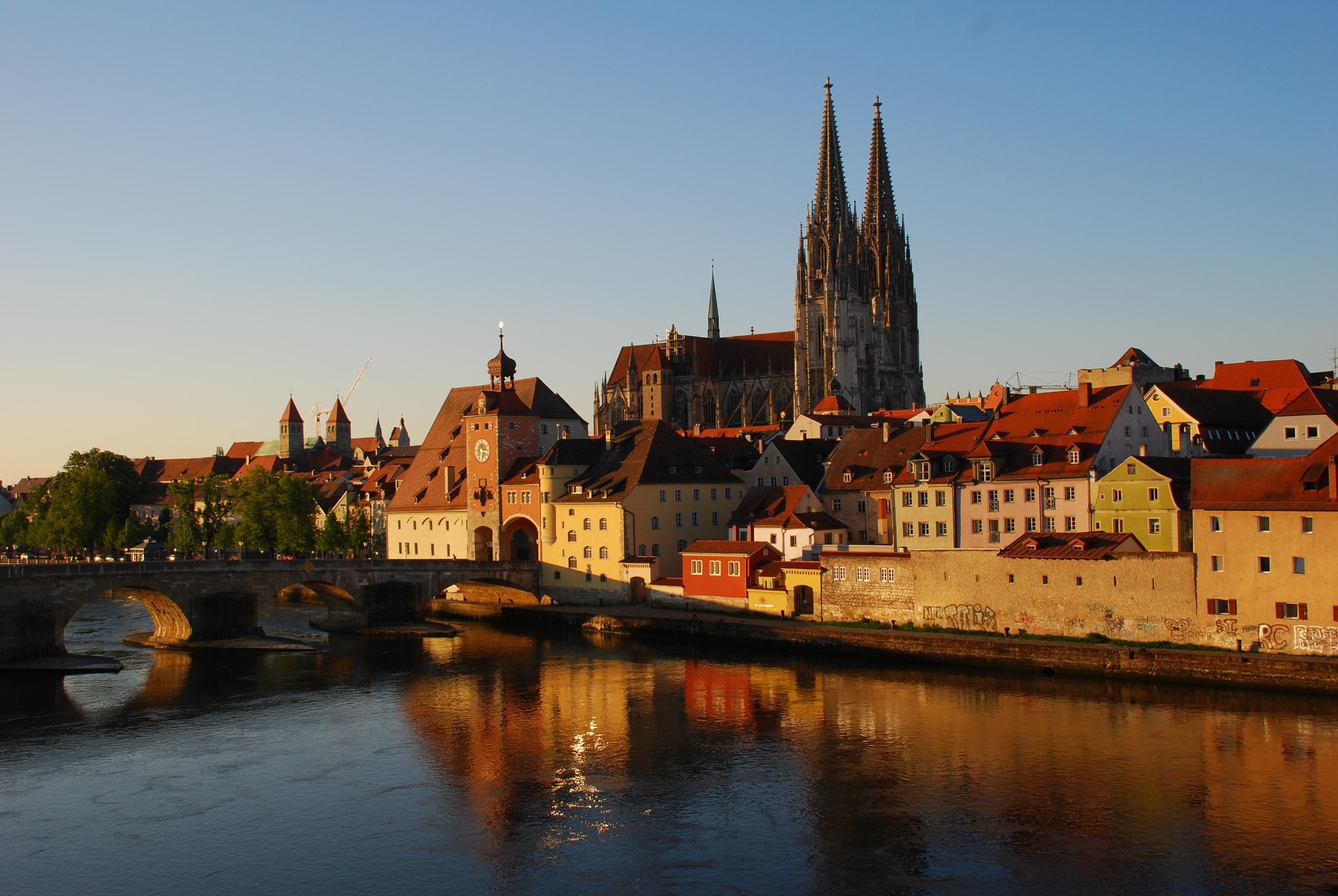
Ludwig is understandably proud of the fact that the Weltenburg brewery has won the "best dark beer in the world" prize three times in recent history. The success, he said, is partly down to the quality of water in the monastery’s own spring. And of course partly down to brewing expertise.
That expertise is, in fact, contracted in, because the Weltenburg operation is not directly supervised by the monks, but controlled by an outside brewery, albeit a brewery which itself is owned by the bishopric of Regensburg. Accordingly, profits from beer sales are shared between the Benedictines and the bishopric’s charitable projects all over the world.
At Andechs, on the other side of Munich, the monastic order is Benedictine too, but the setup is slightly different. Here the 17 monks in the community combine "Ora et Labora", work and prayer, and that means that all the brewing, maturing and bottling, is done on site, under their supervision. “We believe that everything must be done properly, even if it takes time,” said monastery spokesman Martin Glaab.
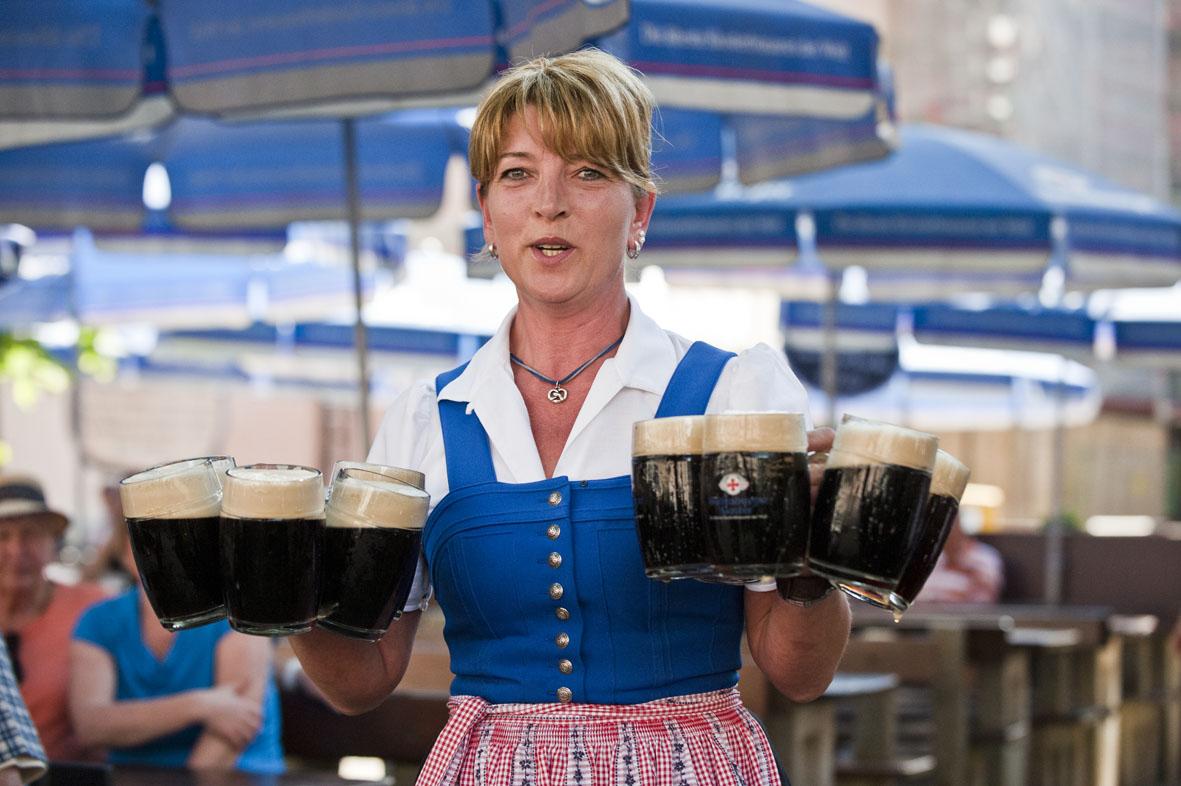
Andechs’ history is patchy, and the monastic church less ethereal than Weltenburg, but the location and the views are enough to bring large cheerful crowds to the Bräustüberl, the main monastic biergarten, particularly on summer weekends. Andechs gets a million visitors a year, and on many days the curse of the selfie means it is impossible for the monks to be able to wear their habits in public without incessantly being asked to pose.
It is fair to say that without the beer, monasteries like these would struggle to attract significant numbers. And without visible monks, pretty much the only sign that you’re drinking on monastic premises is the closing time, because last orders at the Andechs Bräustüberl are at 8pm, to make space for prayer time. By 9pm those of us who were staying in the monastery’s guestrooms – large, light and comfortable, and with a couple of free bottles of Andechs beer thrown into the bargain – were surrounded by peace, and had the cobbled pathways and the views to ourselves.
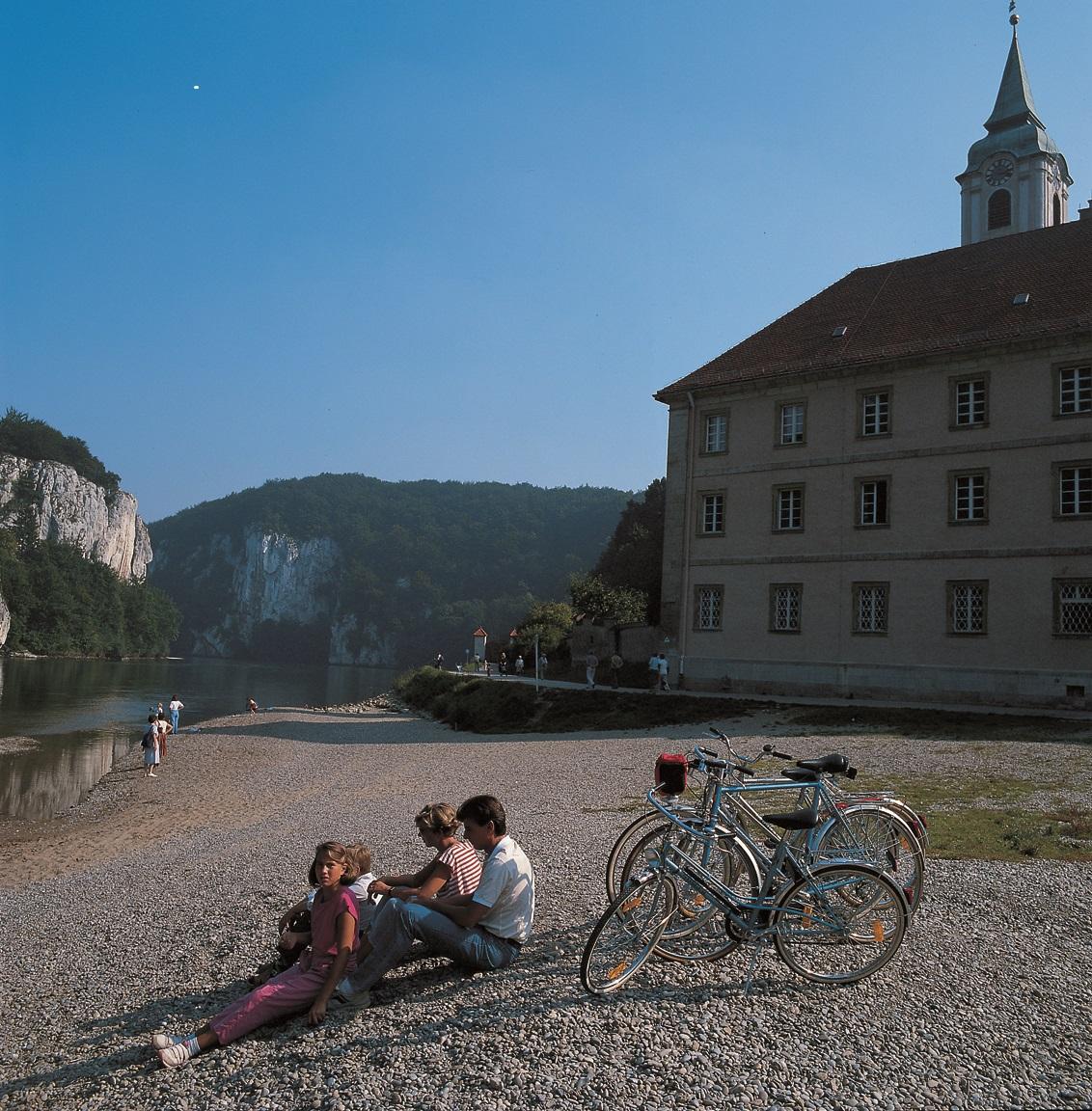
Next morning I hopped in a taxi back to the nearest railway station, my pilgrimage done. The driver turned out to be an enthusiast for monastic beer, telling me that Andechs also does an alcohol-free version, which apparently perks him up after the gym. It is, he said, "just like liquid bread". I’ll drink to that.
Travel essentials
Getting there
The writer flew with easyJet (easyjet.com), which serves Munich from various UK airports.
Staying there
Andrew Eames travelled with the assistance of the German National Tourist Office (germany.travel).
In Bad Gögging, he stayed in the Hotel Eisvogel (hotel-eisvogel.de). Doubles from €170, including breakfast.
In Andechs the monastery guestrooms (00 49 8152 376 309), cost €35 a night, room only.
More information
Join our commenting forum
Join thought-provoking conversations, follow other Independent readers and see their replies
Comments